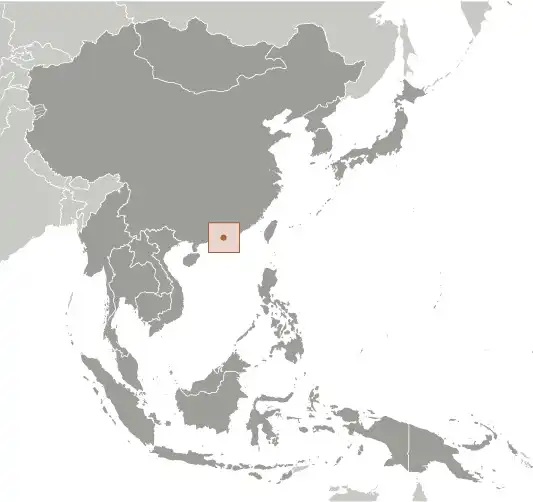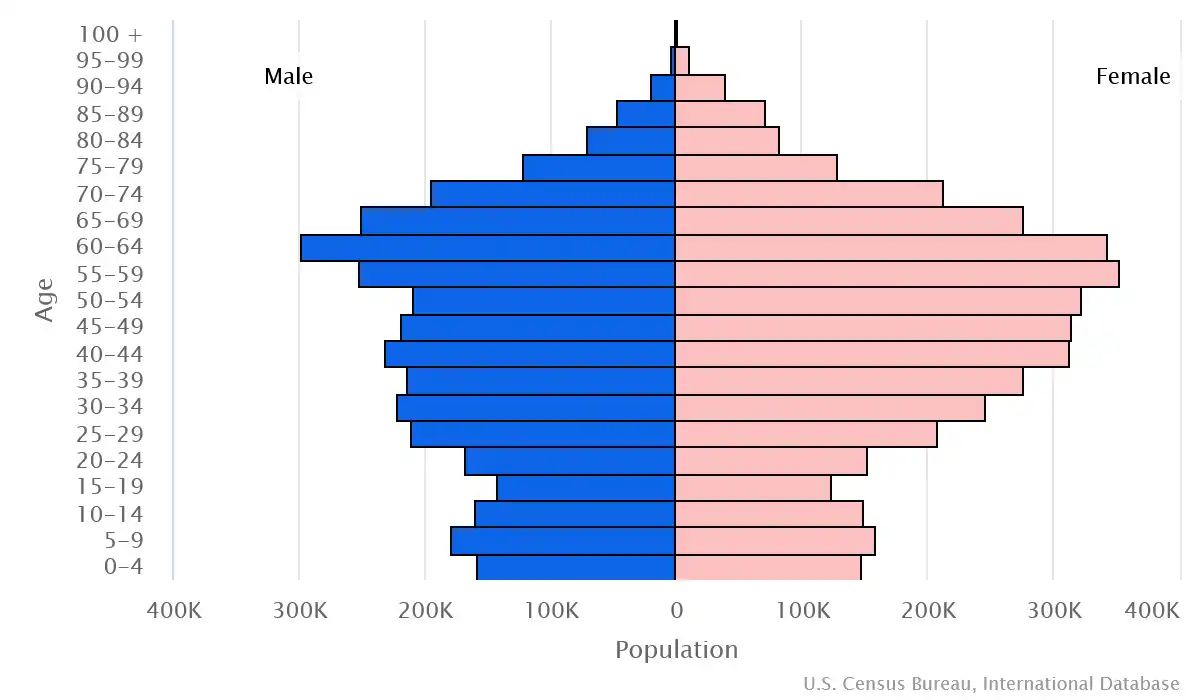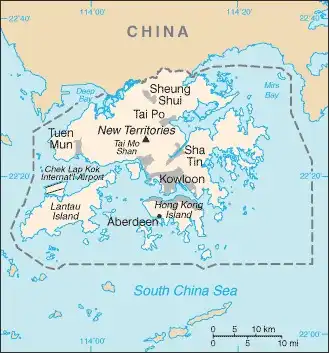
Hong Kong Country Profile
Key Facts of Hong Kong

| Government type: | presidential limited democracy; a special administrative region of the People's Republic of China |
| Capital: | - |
| Languages: | Cantonese (official) 85.4%, English (official) 4.5%, Putonghua (official) 2.2%, other Chinese dialects 2.8%, other 2%, persons under 5 or mute 3.2% (2021 est.) |
Hong Kong Demographic Data
Ethnic Groups in Hong Kong(2021 est.)
Religious Groups in Hong Kong (2016 est.)
Age pyramid of Hong Kong

Hong Kong Economy Statistics
Economic overview of Hong Kong
high-income tourism- and services-based economy; global financial hub; COVID-19 and political protests fueled recent recession; ongoing recovery but lower-skilled unemployment remains high; investing in job-reskilling programs
Hong Kong Real GDP (purchasing power parity) in Billion $
Hong Kong Real GDP per capita in $
Hong Kong's Exports & Imports in billion $
Top 5 Import Partnerin 2022 (72%) of Hong Kong
Top 5 Import Commodities in 2022 of Hong Kong
- integrated circuits 💻
- broadcasting equipment 📡
- machine parts ⚙️
- gold 💰
- jewelry 💍
Top 5 Export Partnerin 2022 (47%) of Hong Kong
Top 5 Export Commodities in 2022 of Hong Kong
- gold 💰
- integrated circuits 💻
- gas turbines 🌀
- broadcasting equipment 📡
- machine parts ⚙️
Geography of Hong Kong
Map of Hong Kong

Land and Water Distrubtion of Hong Kong
Natural Resources of Hong Kong
- outstanding deepwater harbor 💧
- feldspar 🪨
Climate inHong Kong
subtropical monsoon; cool and humid in winter, hot and rainy from spring through summer, warm and sunny in fall
History of Hong Kong - a Summary
The UK seized Hong Kong in 1841, and China formally ceded it the following year at the end of the First Opium War. The Kowloon Peninsula was added in 1860 at the end of the Second Opium War, and the UK obtained a 99-year lease of the New Territories in 1898. Pursuant to a UK-China agreement in 1984, Hong Kong became the Hong Kong Special Administrative Region (HKSAR) of the People's Republic of China as of 1 July 1997. In this agreement, China promised that, under its "one country, two systems" formula, China's socialist economic and strict political system would not be imposed on Hong Kong and that Hong Kong would enjoy a "high degree of autonomy" in all matters except foreign and defense affairs for the next 50 years.
After the handover, Hong Kong continued to enjoy success as an international financial center. However, growing Chinese political influence and dissatisfaction with the Hong Kong Government in the 2010s became central issues and led to considerable civil unrest, including large-scale pro-democracy demonstrations in 2019 after the HKSAR attempted to revise a local ordinance to allow extraditions to mainland China. In response to the protests, the governments of the HKSAR and China reduced the city's autonomy and placed new restrictions on the rights of Hong Kong residents, moves that were widely criticized as contravening obligations under the Hong Kong Basic Law and the Sino-British Joint Declaration. Democratic lawmakers and political figures were arrested in a widespread crackdown, while others fled abroad. At the same time, dozens of civil society groups and several independent media outlets were closed or disbanded. In 2021, Beijing imposed a more restrictive electoral system, restructuring the Legislative Council (LegCo) and allowing only government-approved candidates to run for office. The changes ensured that virtually all seats in the 2021 LegCo election went to pro-establishment candidates and effectively ended political opposition to Beijing. In 2024, the LegCo passed a new national security law (Article 23 of the Basic Law) further expanding the Hong Kong Government's power to curb dissent.
